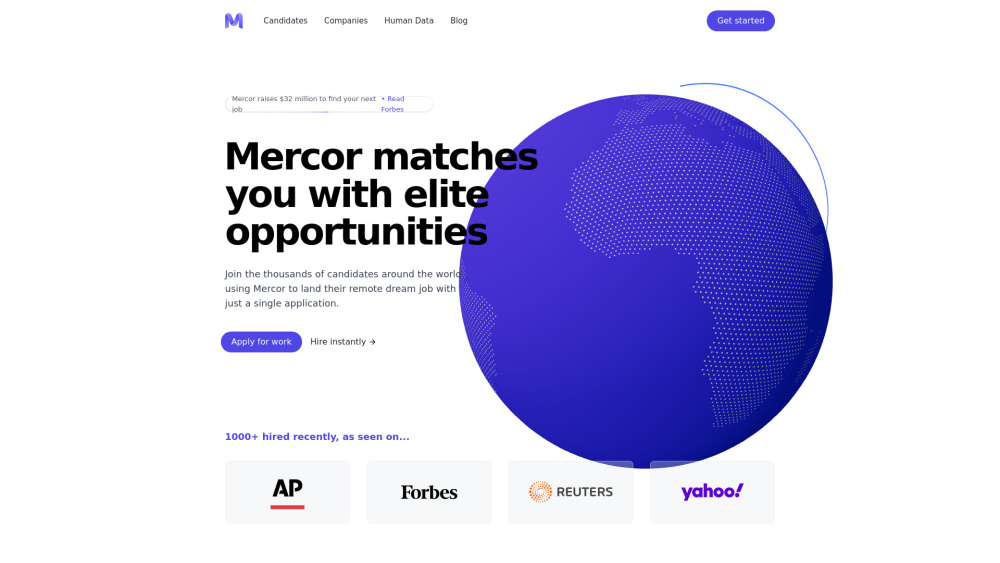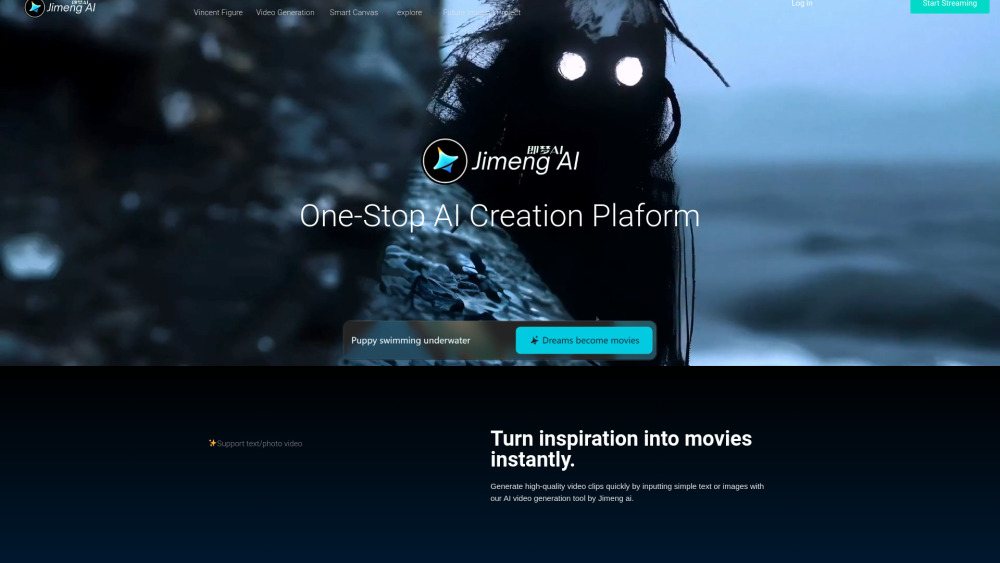It’s clear that venture capitalists capitalized on the burgeoning generative AI sector in 2023. While overall venture capital investments declined due to macroeconomic challenges, startups focused on generative AI and AI technologies thrived.
According to PitchBook, funding for AI startups exceeded $68.7 billion this year, with significant contributions from generative AI companies like OpenAI, Stability AI, and Anthropic. As the year draws to a close, the sector is poised to finish with considerably higher investment levels compared to previous years.
However, are the headline figures somewhat misleading? A PitchBook report on Q3 AI investments, released recently, indicates that "mega-deals"—multi-hundred-million-dollar investments from prominent backers—greatly inflated total deal counts this year. For instance, a few months back, Amazon committed to investing up to $4 billion in Anthropic, the creator of the AI chatbot Claude. Concurrently, OpenAI secured a $10 billion investment from Microsoft, which was partly made through cloud computing credits. Inflection AI, a company developing personalized AI assistants, raised $1.3 billion in a Microsoft-led funding round, among others.
In Q3 alone, the total VC funding, including these mega-deals, reached approximately $22.1 billion. Yet, when we filter out the substantial contributions from tech giants to generative AI startups, the total drops to about $15.1 billion for the sector. This significant gap wasn’t entirely unexpected.
PitchBook reported earlier this year that deals involving generative AI firms decreased by 27% in Q3, even as overall deal value surged by 39% to $6.1 billion, primarily driven by massive investments from Big Tech. The deal value would likely have been lower if not for the influential contributions from these companies. This raises the question: are VCs finally grounding themselves and becoming more cautious about the associated risks of generative AI? It seems so.
The case of Stability AI illustrates this shift. Despite raising over $100 million in VC funding in the last 14 months, the startup behind the open-source image model Stable Diffusion is reportedly now seeking acquisition interest, driven by investor concerns, particularly from Coatue about its financial health.
Operating a cutting-edge AI venture is indeed costly. Not only do data scientists demand high salaries, but the computational resources required for training and running AI models are exorbitant. For example, Microsoft’s GitHub Copilot is reportedly losing the company up to $80 per user each month due to model inference expenses, while OpenAI reportedly spends around $700,000 daily to keep ChatGPT running.
Concerns over lawsuits related to generative AI technologies, especially around intellectual property (IP) disputes, are causing further hesitation among investors. Generative AI models can inadvertently reproduce elements from their extensive training data, which may not always be public domain. Currently, Microsoft, GitHub, and OpenAI are facing a class action lawsuit alleging copyright violations, while individual authors in California and New York claim OpenAI infringed on their copyrighted works.
While major tech firms have promised to protect their clients from copyright lawsuits tied to their generative AI technologies, many startups, including Stability AI, lack the resources to provide similar assurances, considering the potential legal costs involved.
Despite these challenges, the outlook for AI startups isn't entirely bleak. The recent PitchBook report indicates a revival in exit activity for 2023, with 108 AI exits totaling around $9.1 billion. Noteworthy among these are MosaicML, acquired by Databricks for $1.3 billion, and InstaDeep, which was purchased by vaccine developer BioNTech for $680.9 million.
Mergers and acquisitions are becoming a significant driver of AI exits, with PitchBook suggesting that more "mega-exits" exceeding $1 billion are anticipated next year. Furthermore, the report highlights that all AI sectors, except consumer AI and transportation, raised over $1 billion during the tracked period, marking a significant milestone since the broader VC funding downturn began.
Will this upward momentum sustain? That remains the crucial question. However, PitchBook contends that the trend signals "positive health for late-stage funding in specific domains."




